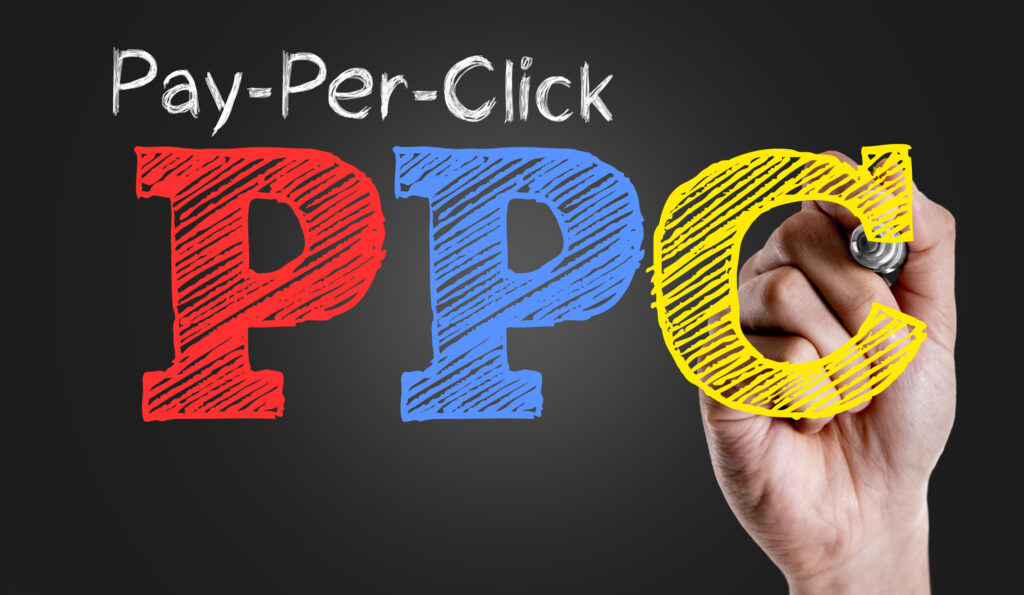Small businesses do not usually have the budget for developing blockbuster PPC (pay-per-click) and other online marketing campaigns. Consequently, smart small business owners need to put their limited resources where they will do the most good and receive the biggest return on their investment. Below are some strategies that will help maximize a small PPC budget.
12 Tips for Small PPC Budgets
- Educate yourself: Even if you ultimately use an online marketing consultant or firm, it is important to know your options. Know the terminology. Do you know what a long-tail search is? Do you know the difference between “exact match” keywords and “broad match” keywords? Do you understand PPC campaigns? Do you know the difference between Google’s “search network” and “display network?”
- Start small: What are your most popular products or services? Base your first PPC campaign on those. How do you measure popularity? It depends. You can start with the items that generate the most sales, result in the highest profit margin, or result in the most inquiries. Whichever you choose, it must be based on research, not a gut feeling.
- Focus your campaigns: Don’t use a scattershot approach to online advertising and place ads on multiple platforms simultaneously. Start with one or, at most, two. You will not only save money but also obtain performance data that will be invaluable as you expand your presence in the online marketplace.
- Know your customers: Where do your customers live, what are their demographics, how do they find you, and what are they looking for when they interact with your company? Surveys, focus groups and marketing research can put you on the right path.
- Keep it simple: Each online ad should contain a description of your product or service (usually in the header), a statement of your competitive advantage (why should potential customers consider you?) and an invitation to contact you through your preferred vehicle (email, phone or both). Most ads do not need any other components. This is a win-win, as smaller ads perform better and cost less.
- Geo-target when appropriate: If you are a doctor, spa owner or other service provider, you probably want to target potential customers in your area. You can limit your ad campaigns by city, county, state, country, zip code and more. Depending on the nature of your business, you might want to get even more granular, targeting a radius around a specific street address.
- Segment your approach: Have different ads for different products or product types. Don’t try to save money by using one ad or one campaign for everything. That approach seldom gets results.
- Don’t forget mobile users: As smartphones evolve, more people are using them for all types of searches. You need to determine whether the nature of your business favors mobile or desktop searches. Once you have that information, you can allocate your PPC resources accordingly, putting your money where it is most likely to benefit your business.
- Always test and evaluate in advance: Even if you are just starting out in online marketing, it is important to determine which proposed wording or graphic generates the most clicks. It costs very little to do this and is an important part of any online marketing strategy. Otherwise, you have no evidence to support content decisions in subsequent campaigns.
- Implement conversion tracking: There is little point in investing in a PPC campaign unless you know whether it produces not only clicks but also actual conversions (when website visitors take a desired action such as emailing or phoning).
- Use Google ad extensions: They cost nothing, and can improve your click-through and conversion rates.
- Be systematic: Track your PPC performance and use the information to drive your campaign decisions and strategy. Otherwise, your PPC investments will not produce the desired results, something that businesses with small budgets can seldom afford.
Effective Online Marketing With Limited Resources Is Possible
Businesses with little PPC budgets can find great success through targeted campaigns. But, most small business owners with limited budgets have little free time to research, implement and track PPC campaigns. They are focused on what they know best, which is providing the goods and services their customers want. Help is available from online marketing consultants who can advise or implement the best strategy for your budget, however limited it is.


